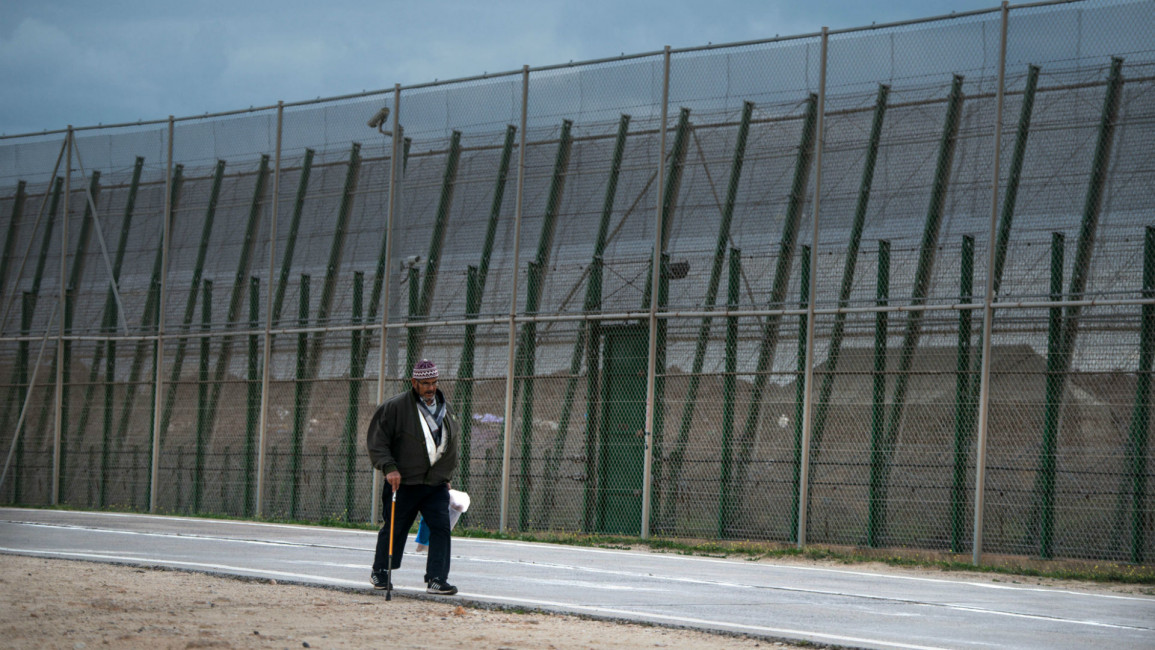Morocco uncovers IS recruitment cell
Morocco has broken up a recruitment cell for the Islamic State group, according to a statement released by the interior ministry on Thursday.
The cell reportedly had eight members active in five cities across the kingdom, including Casablanca and Sale.
The statement said members of the cell had arranged for dozens of fighters to join the militant group along the border between Turkey and Syria.
The recruits would "carry out operations involving suicide car bombs in Iraq and Syria", the statement added.
Reportedly, those arrested said jihadis were planning to carry out "formidable terrorist attacks" in Morocco, similar to the recent terror attack in Tunisia that killed 38.
| This is the largest IS-affiliated cell to be broken up in the kingdom this year. |
This is the largest IS-affiliated cell to be broken up in the kingdom this year. In June, the interior minister said Morocco had dismantled 27 cells since 2013.
In October 2014, Morocco passed new legislation punishing anyone who joined, tried to join, or tried to recruit others to join terrorist groups with up to ten years in prison.
On July 6, Italy arrested a Moroccan resident suspected of promoting "Islamic militancy".
Morocco has frequently reported seizing weapons from groups authorities say are linked to IS. According to the British-based International Centre for the Study of Radicalisation about 2,000 Moroccans are believed to be fighting with IS in Iraq and Syria.
Spanish authorities are on high alert reported Spain's El Confidencial newspaper on Thursday.
The Spanish paper said Spanish security sources had received information Moroccan jihadis returning from Iraq, Syria and Libya intended to carry out attacks both at home and in Spain.
Madrid is particularly concerned that terrorists could enter country through the Spanish enclaves of Ceuta and Melilla.
Thousands cross the border between Morocco and the two cities every day, making it difficult to monitor them.



